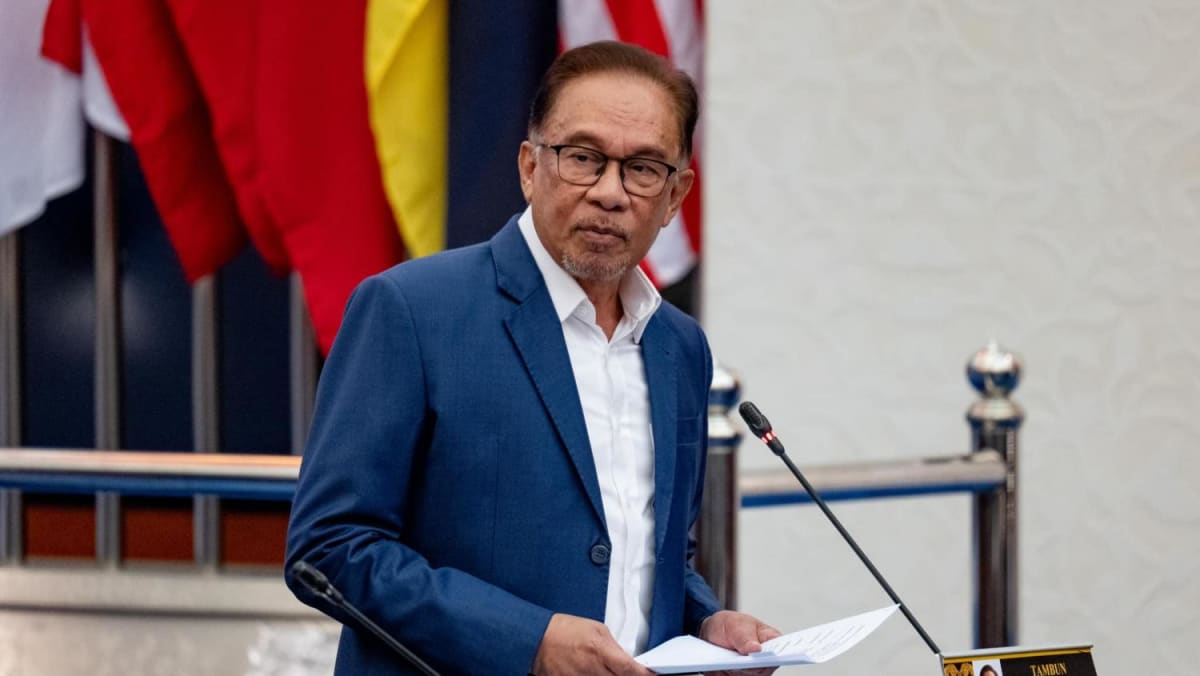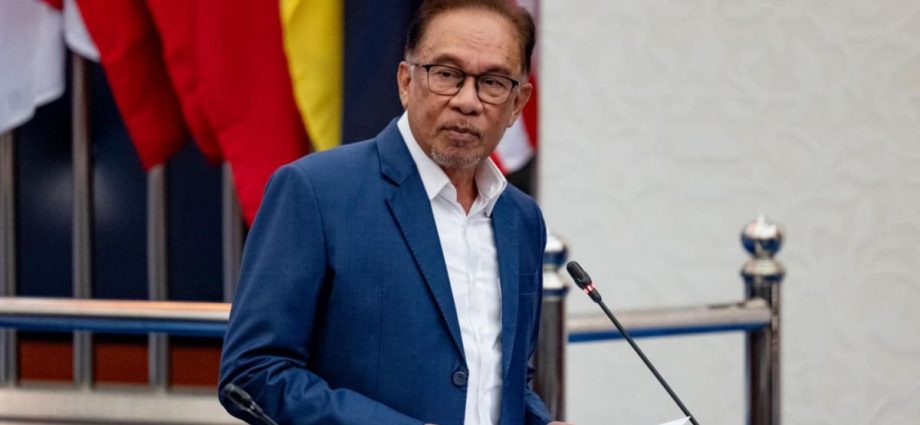
Mr Anwar, who is also the Tambun MP, has said that the 2023 budget will focus on the green and digital economies as well as on small and medium enterprises (SMEs). These sectors, he said, are critical in light of the current economic slowdown as a result of factors such as the Russia-Ukraine war.
“We should not brood about an economic downturn, but instead look for ways (to grow). Firstly, we can focus on the green economy, and second, on digital (economy) … Our approach thus far has also not focused on SMEs – which form the backbone of our economy.
“So in this year’s budget, we will focus on these sectors,” said Mr Anwar during a keynote speech at the 2023 Budget Dialogue. The session was held at the finance ministry and was attended by stakeholders such as government agencies, the private sector, academia and civil society.
Separately, Mr Anwar had said that the government will continue to control inflationary pressures and ease the public’s burden due to the high cost of living through the upcoming budget, local media had reported.
However, in the wake of the COVID-19 era spending drive under the previous administrations, Mr Anwar had warned of fiscal prudence to tackle Malaysia’s rising debt level.
Bloomberg reported that Malaysia has seen its budget strained due to the cost of keeping essentials at below-market prices, with government subsidies forecast to reach a record RM80 billion in 2022.
Earlier this month, the World Bank recommended that the unity government look into strategies for targeted subsidies in its upcoming budget.
“The biggest expenditure saving for the government would come from subsidy rationalisation; 2.3 per cent of GDP is spent on just fuel subsidy, which is way more than 1.9 per cent of GDP spent on the Ministry of Health’s budget.
“Putting in plans to phase out blanket, broad-based subsidies and moving towards a more targeted subsidy framework that would benefit lower-income households is relevant and timely,” said the World Bank’s lead economist for Malaysia Apurva Sanghi.
Dr Oh, the political analyst, agreed that subsidies rolled out by the government should be more targetted.
“For example, instead of subsidising fuel (for everyone), perhaps you will have coupons for the B40 group – the more hard-to-do Malaysians and so on – so that these subsidies could be more targetted,” he said.
Ms Khor, the economist, agreed that while subsidy rationalisation should be done, it may be “too soon” for the government to deliver on such reforms with just less than three months in office.
“Experts are of the view that targeted subsidies can trim RM10 to 15 billion from an estimated RM50 to 60 billion. These savings can be better invested in education and health.
“So rigorous planning needs to start now, so that reforms can be unveiled in Budget 2024 (later this year), including a better subsidy system,” said Ms Khor.
ADDITIONAL REPORTING RHEA YASMINE BTE ALIS HAIZAN

